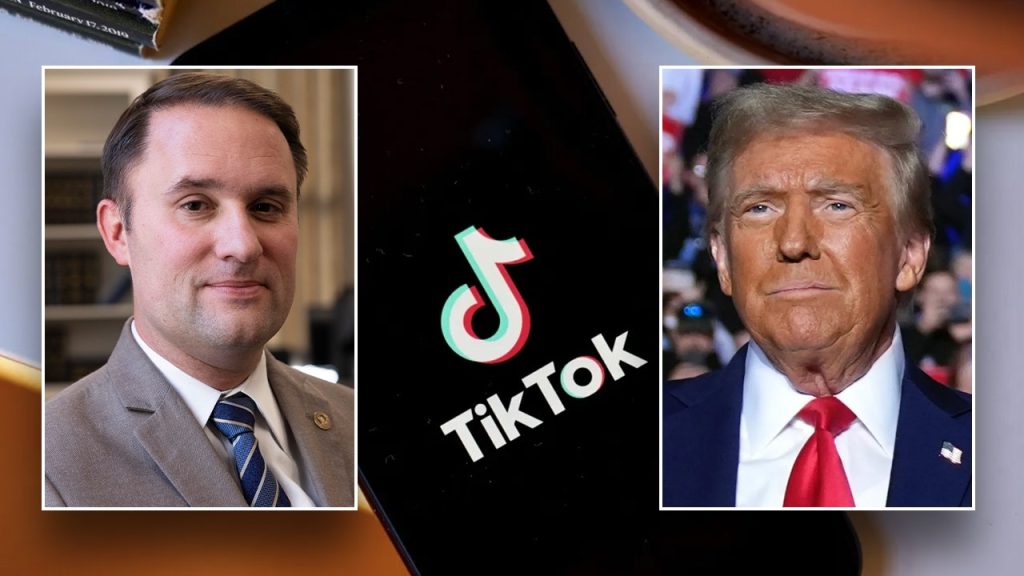The future of TikTok in the United States hangs precariously in the balance, caught in a complex web of legal challenges and national security concerns. Two Republican attorneys general, Jason Miyares of Virginia and Austin Knudsen of Montana, have stepped into the fray, urging the Supreme Court to mandate a complete severance of TikTok’s ties with the Chinese Communist Party (CCP). Their amicus brief highlights the perceived threat posed by the platform’s connection to ByteDance, its Chinese parent company, which they argue is susceptible to influence and control by the CCP. The brief underscores the potential for sensitive user data, including browsing habits and facial recognition information, to be accessed and exploited by the Chinese government, a scenario they deem unacceptable.
Miyares and Knudsen’s intervention comes amidst heightened scrutiny of TikTok’s data security practices and its relationship with the CCP. Their argument centers on the alleged vulnerability of American user data to exploitation by the Chinese government, a concern fueled by whistleblower reports alleging that ByteDance has shared such information with the CCP. The attorneys general maintain that allowing TikTok to continue operating in the U.S. without severing ties with ByteDance would expose Americans to significant privacy and security risks. They contend that the Supreme Court has a pivotal role to play in upholding Congress’s authority to safeguard national security while ensuring the First Amendment is not misused to shield foreign adversaries from accountability.
Adding another layer of complexity to the situation, former President Donald Trump has also filed an amicus brief with the Supreme Court, albeit with a different objective. Rather than supporting a ban on TikTok, Trump’s brief seeks a pause on any such action, arguing that the incoming president should have the authority to make executive decisions regarding TikTok’s fate upon assuming office. Trump’s intervention underscores the intricate interplay between national security considerations, free speech rights, and the executive branch’s authority in navigating the challenges posed by foreign-owned technology platforms.
Trump’s legal team asserts that he possesses a “unique interest” in the First Amendment issues raised by the case, highlighting the tension between free speech and national security concerns. They argue that the upcoming president is uniquely positioned to resolve this complex dilemma through political means, given his constitutional responsibilities regarding national security and foreign policy. Trump’s brief emphasizes his desire to find a solution that both preserves American national security and allows TikTok to continue operating in some capacity.
The opposing briefs filed by the Republican attorneys general and former President Trump highlight the multifaceted nature of the TikTok debate. While the attorneys general prioritize severing TikTok’s ties with the CCP to protect American user data, Trump seeks to preserve his executive authority to shape the platform’s future in the U.S. The Supreme Court now faces the challenge of weighing these competing arguments and determining the appropriate course of action.
This confluence of legal challenges and political maneuverings underscores the broader debate surrounding the balance between national security and individual liberties in the digital age. The TikTok case serves as a microcosm of the complex issues arising from the increasing integration of technology into our lives and the potential vulnerabilities it creates. The Supreme Court’s decision will have far-reaching implications, not only for the future of TikTok but also for the broader legal landscape governing foreign-owned technology platforms operating within the United States. It will set a precedent for how the government addresses the delicate interplay between national security, free speech, and the rapidly evolving digital world.

